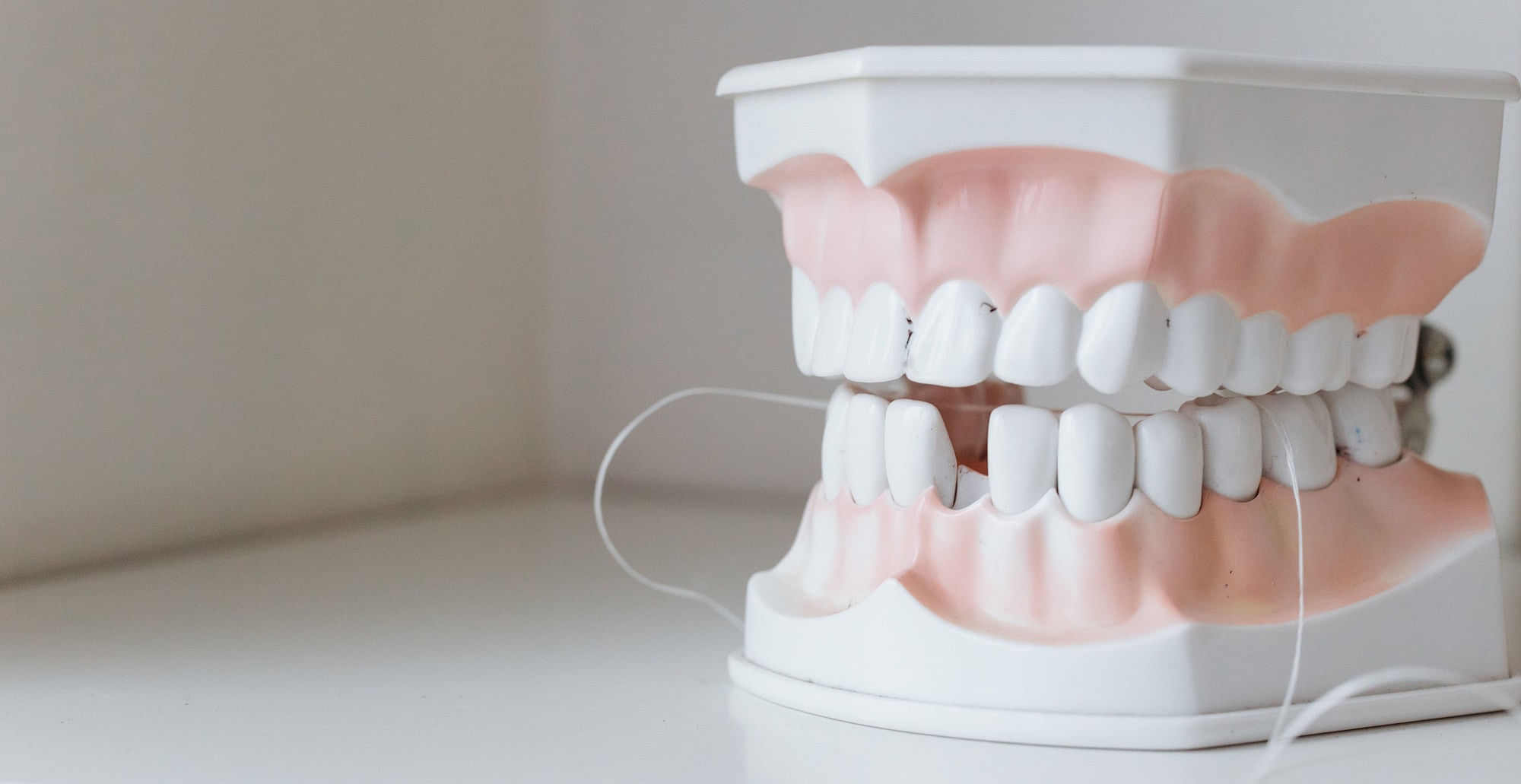

Education
Station
Why All the Fuss About pH?
As those of you who have regular checkups know, we have been measuring the pH of the saliva now for years. Some of you ask why and want to know more about it so I thought I’d explore this fascinating topic with you within this format.
Exactly what is pH and what does it mean? Consider this. We know that water is made up of hydrogen and oxygen ions. When there is an equal number of each of these ions, we have a pH of 7.0 or a neutral pH. When we put a fish in the water and it begins to use some of the oxygen, we get more hydrogen than oxygen ions. The water now has become acidic which means that the pH has dropped. The lower the pH (below 7.0) the greater acidity and less oxygen. The higher the pH (above 7.0), the greater the capacity for oxygen.
So what does this mean to you. When we check the pH of your saliva, we are actually checking the pH of your blood and tissues. Small changes in the pH of the blood produce great changes in the pH of the saliva. What’s interesting to me is that the bacteria which produce decay in our teeth and infections in our mouths love a sweet, acidic, and oxygen-free environment. Imagine if you had a house guest that you were ready for them to leave and suppose they liked the house warm and they loved pasta and hated garlic. Wouldn’t you make the house cold, serve rice, and put garlic in everything? The same holds true for disease in our mouths. Wouldn’t it be tough on the bacteria that were producing the illnesses in our mouths if we made the environment alkaline, free of sugar, and oxygen-rich? Maybe they just might leave to find a better home.
We know that the most common finding in all infections, chronic illnesses, and chronic toxicities is a low pH. We oftentimes see a pH of 5.5 in the saliva. This is what is called the critical pH, one in which minerals leave the teeth and bone. We expect to see decay and bone loss at this pH over a period of time. If one thinks about this, it would be hard to believe that the bone loss is only occurring around the teeth, but in all likelihood is happening throughout the body. In addition, we know that all, I repeat all, cancers begin in a low pH environment. It also predisposes us to arterial disease, all degenerative processes, and yeast infections.
So why would we lose bone when the pH drops. See if you can follow me here. The pH of the blood is one of the most tightly controlled parameters in the body because if the pH falls too low we will die. In an effort to buffer the pH so that it stays in a healthy range, the body has at its disposal, 7 buffering systems. One of the most important of these is a process where the blood will go into the bone and extract phosphates which have the effect of raising the pH. Unfortunately, attached to these phosphates are calcium ions. In the process of buffering the blood with phosphates, these calcium ions are discarded. Signs of this are everywhere and have been happening for so long that we now consider them normal. Think about the tartar on our teeth, kidney stones, hardening of our arteries, calcification of our heart valves and parts of our brain. We’re literally hardening our bodies.
Why do we become acidic? There are three areas that seem to be the greatest source for producing most of our pH problems– the foods we eat, emotional stress, and environmental toxins. It is important to realize that insulin burns sugar, stores fat, and makes us acidic so any foods that we eat that stimulate insulin will create problems for individuals who are trying to control their pH. Foods like white flour, sugars, orange juice, carrot juice, white potatoes, bananas, and colas can lower the pH!
Life today is much more stressful than years ago. There never seems to be enough time, money, joy, etc. Managing all these and more, for many of us, leaves little time to relax and enjoy life. I know of a lady who had trouble raising her pH above 5.5. One week she took a vacation and her pH was 7.0 all week. When she returned to work, her pH went back to 5.5. Wonder if her job was rewarding and fulfilling?
Environmental toxins such as heavy metals (aluminum, lead, arsenic, and mercury), solvents (alcohol, dry cleaning fluids, household cleaning products), pesticides, and petroleum products are everywhere and are playing a big part in the illnesses that so many of us are experiencing. It has been estimated that 80-90% of all deaths are related to these toxins. When you think about what kinds of foods the body would need to process these toxins and expel them and one looks at the nutritional quality of our foods, it is no wonder that so many people are taking so much similar medications.
So now you know why we measure your pH at your regular recare visits. We will never gain the health in our mouths that many of us seek nor experience maximum longevity of the dentistry we have placed in our mouths unless we maintain a healthy pH. Let us know if you have any questions about your pH.
See our other articles from our Education Station.


